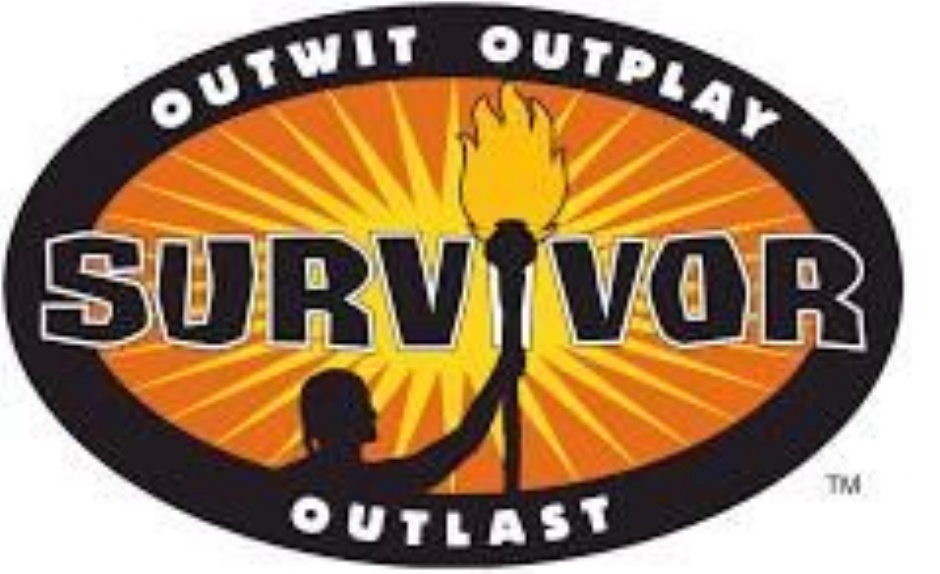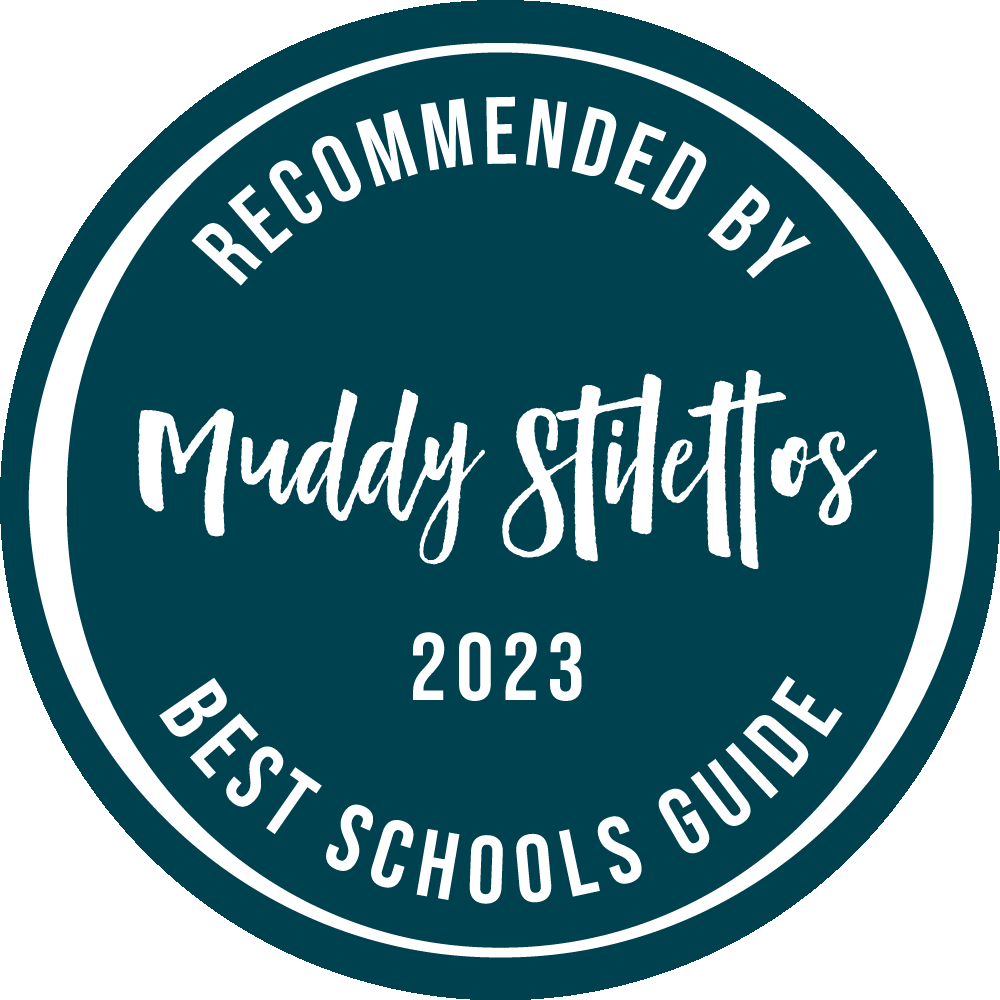Surviving in the Wilderness

I remember when the first season of Survivor was aired on television, and the excitement that surrounded those early broadcasts.
Mark Burnett’s idea of creating a situation where two tribes competed against one another for food and resources, and then having to vote one of their own number out at a tribal council appeared quite brutal in those early days. 50 days, on an island, trying to ‘survive’ not only the elements and being deprived of life’s luxuries, but also needing to survive one another.
I have spent a lot of time speaking to professionals across a range of industries over the years, and many of them recount experiences of feeling like they have simply been tossed into the deep end, with very few resources, and with extremely little support from those on their team. It always saddens me that this is the lived experience of so many who have sacrificed a lot to enter their chosen profession, only to come to the sobering realisation that there is so much more to navigate. This applies to a range of contexts for adults and children alike.
I don’t want Pilgrims’ to be a place like that.
A boy’s experience of his time at Pilgrims’ should stand in stark contrast to the goings-on on a far-flung island in the Pacific. He should feel a sense of connection, joy and personal fulfilment, and not have to contend with having his fire put out in various ways. Do we always get this right? Probably not. Do we try to? Absolutely.
How can we move forward to ensure that we create the best opportunity for every boy to get the most out of his time at Pilgrims’?
- We’re all in the same tribe. Parents, boys, teachers, admin and support staff all form part of the Pilgrims’ tribe. It’s a marvellous community made up of incredible individuals. And that’s the beauty of this tribe – no one is the same, and we should celebrate our differences and draw on all of our unique gifting; the spark that makes us who we are. The tribe fans each individual’s flame rather than dousing it.
- When a member of the tribe is unhappy, we talk about it. This is an important point: talking about issues while they are still small is the key to resolving matters that may become trip-hazards. If a problem arises, please speak to someone at school as soon as possible so that we may put measures in place, and offer the right kind of support.
- Grace – lots of it. The tribe is made up of human beings, not human doings. With the best intentions in the world, human beings still make mistakes. Teachers, children, parents, no matter how big or small we are, all make a mess of things from time to time. How do we deal with this? Kindly. We very seldom mean to make a mistake, and so how we treat someone when they do is so important. In fact, it’s one of the points in a relationship where the most growth and deeper understanding of each other can take place, if the situation is dealt with correctly.
- The tribe has one another’s back. We try not to take conversations about one another into the parking lot, or behind the bicycle-shed or onto social media. We will always try to deal with situations head-on and with deep integrity. It’s the Pilgrims’ way, and it’s the way in which we want all our children to respond to life’s challenges.
Pilgrims’ is a unique little island in a very big ocean; but it’s also the point from which all of our boys cast off on their own individual journeys into the unknown. Pilgrims’ should be a place where we grow and thrive, and not simply survive. It’s my sincere hope that together we can continue making sure that none of us feel like castaways; but rather part of a vibrant community building something really special together.
Craig Cuyler
Designated Safeguarding Lead/Director of Wellbeing/Head of PSHEe







